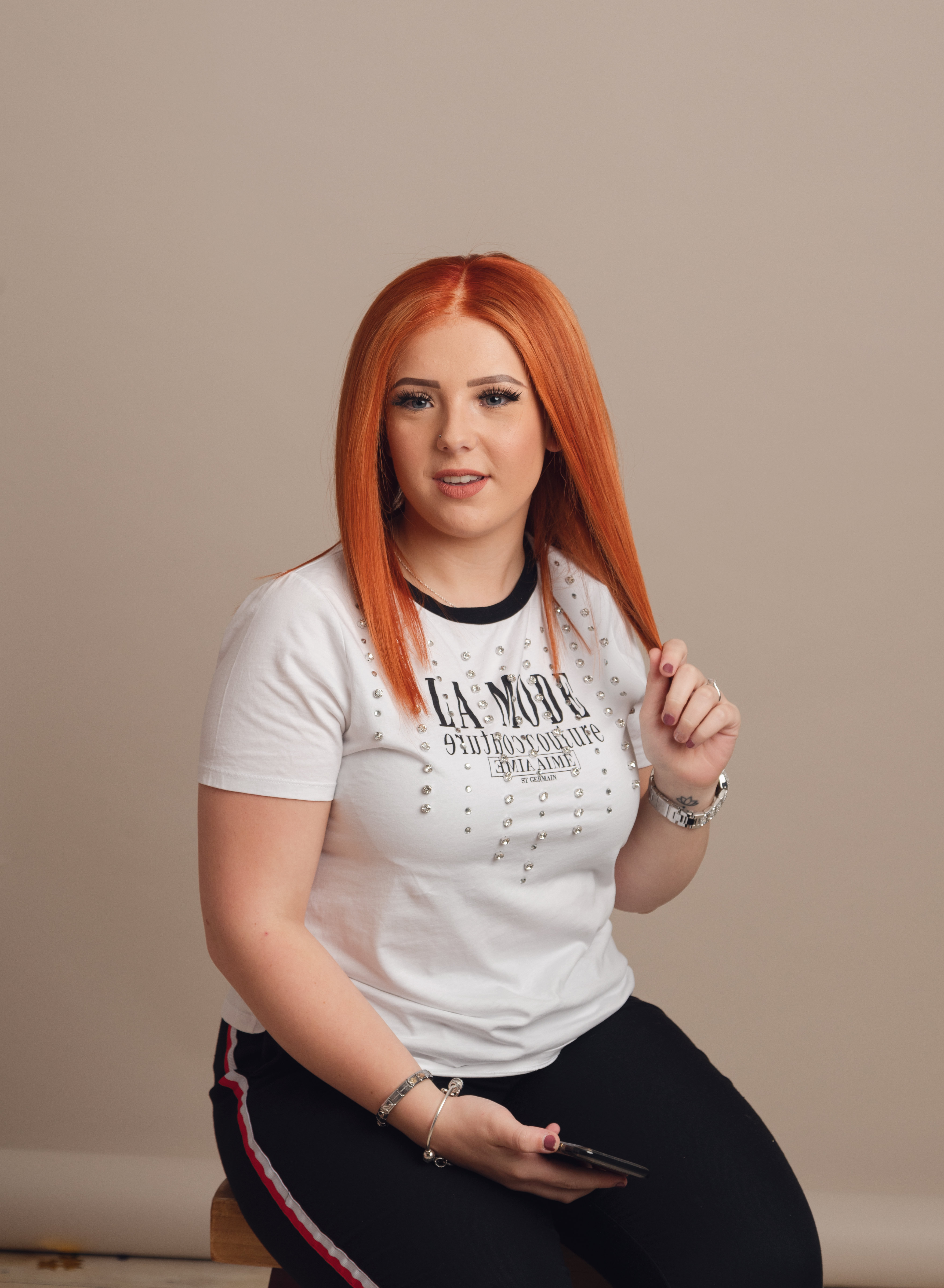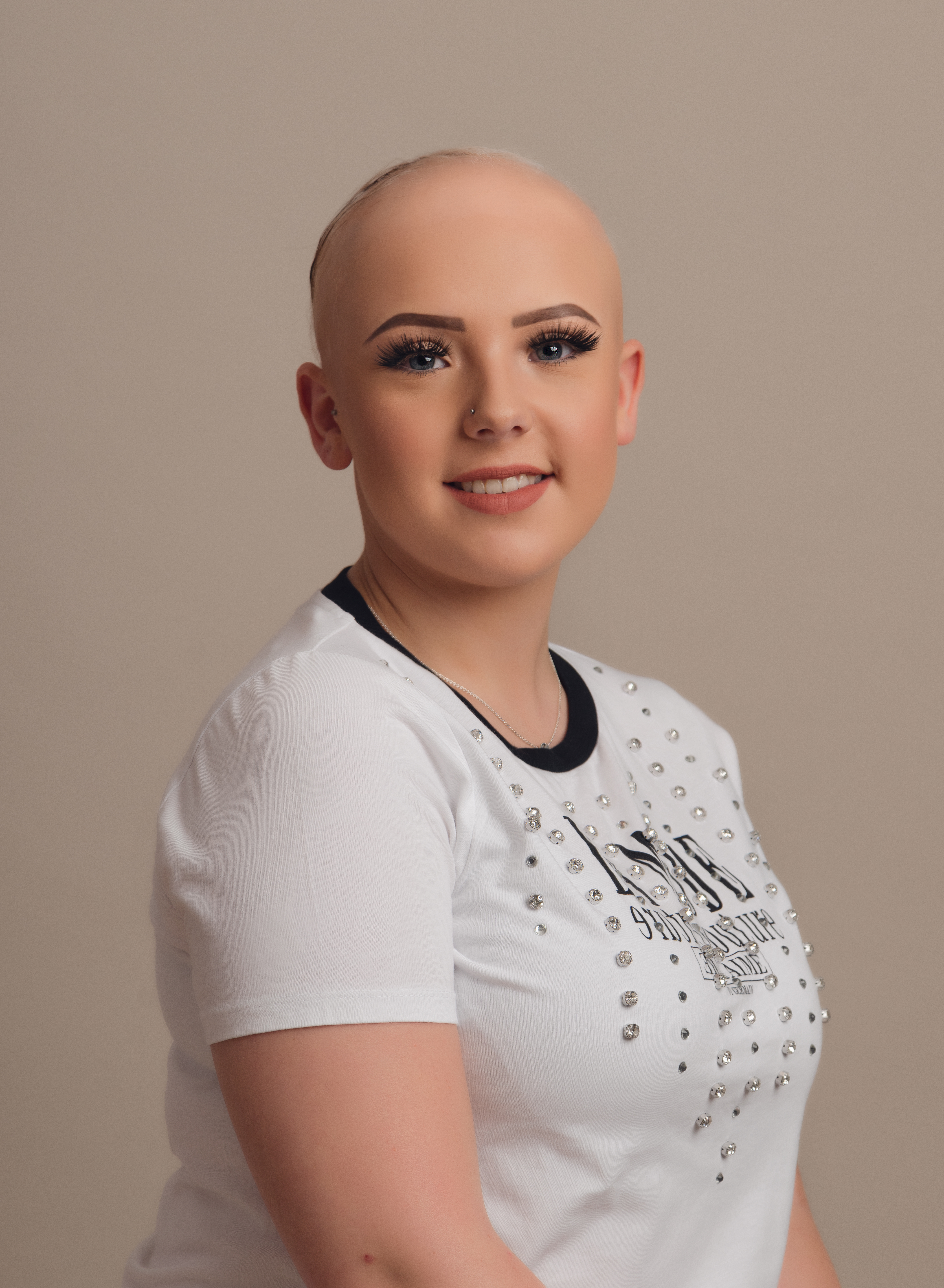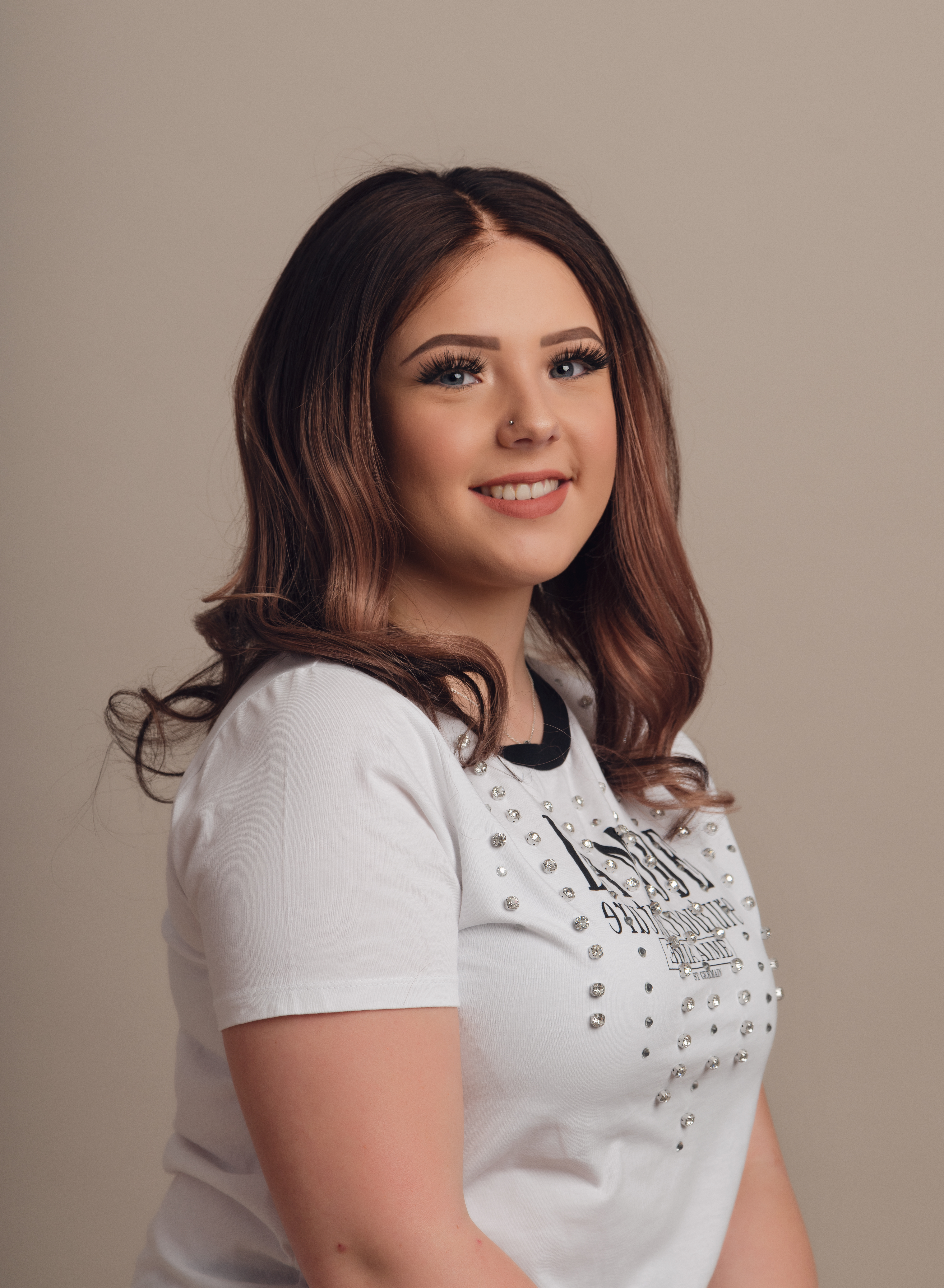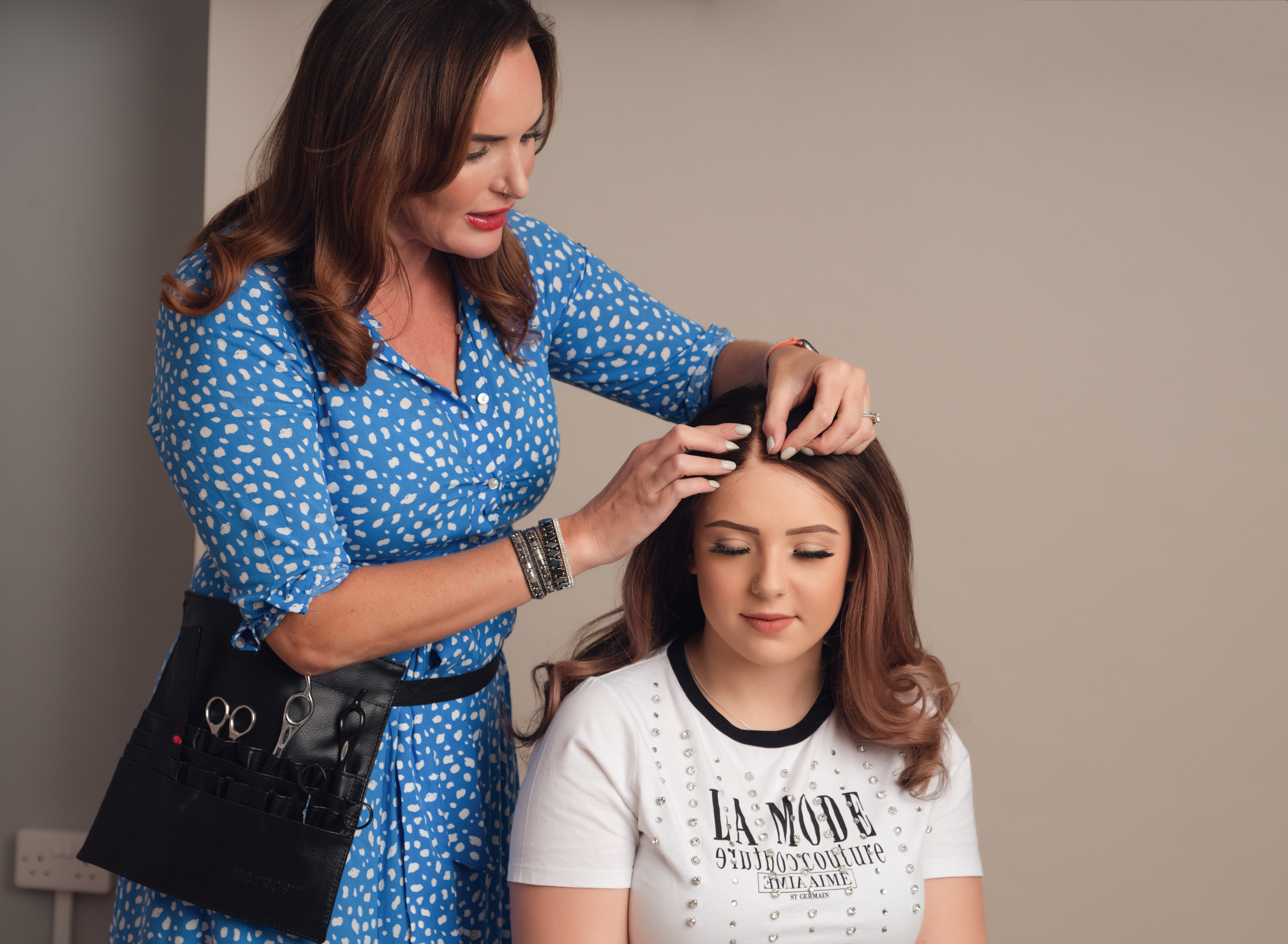Young women open up about hair loss during Alopecia Awareness Month
I’m proud of my hair loss, I’m proud to be different. I want to show other young adults and teenagers like me, that’s it’s okay, you can be proud too.
Poppy Aithwaite, 19 started experiencing symptoms of alopecia at just 8 months old, but it would be another 12 years before her official diagnosis.
Approximately 1 in every 500 people suffer from the disease in the UK. It causes hair loss on the scalp and face and causes dramatic and devastating emotions in patients. The disease is not especially well understood but a combination of genetic and environmental factors is said to contribute to it.
The early signs of female alopecia are an overall thinning of the hair, as well as bald spots. But for Poppy, it was different, “It was my mam who first noticed because I was less than a year old. My baby hair was falling out in clumps and there were bald patches appearing on my scalp. When I was young, it wasn’t so bad, you couldn’t really see it and it was just behind my ears. But it started to get a lot worse when I was around 13, and that’s when it really began to affect my mental health.”
Although Alopecia is neither life-threatening or painful it can have a serious impact on the mental and emotional health of those who experience it. It can lead to depression, anxiety and social phobia and can cause intense emotional suffering.
“It’s a very distressing time for everyone who comes to see us,” says Nicola Wood, founder of The Wonderful Wig Company and expert wig maker, “for a lot of women their hair is their crown. It’s their defining feature, it helps them stand out and it makes them feel beautiful and confident.”
Nicola has seen over 2,000 women with hair loss relating to alopecia from her salons in Sunderland and Newcastle, including Poppy.
“My mental health suffered in my early teens,” Poppy says. “I was bullied all through secondary school and I started to suffer from anxiety and depression. It wasn’t easy to find support outside my friends and family.” Poppy tried counselling and talking therapies to help, but as a young woman, found it difficult to talk about her feelings and felt she wasn’t making progress.
Poppy first met Nicola from The Wonderful Wig Company aged 16, “I first got a wig from Nicola in 2017, it was with the support of the Little Princess Trust – who help children and young people with hair loss get real hair wigs. Nicola customises the wigs especially for me and gives me loads of advice to help keep my wigs looking as good as possible.”
The Wonderful Wig Company are currently working with Newcastle University on a research project to understand the wellbeing and lifestyle benefits wigs give to individuals with hair loss. Early indications suggest women rely heavily on affordable wigs and hairpieces to give them the self-confidence they need.
“A lot of the people who come into our salon have had issues with self-esteem, loss of identity and also social anxiety issues,” said Nicola. “This is a huge problem facing women with hair loss, and the psychological effects of hair loss are rarely researched. But it is a very real concern for many women. It’s especially cruel that alopecia can actually be caused by extreme stress, and then the disease itself causes women even more stress, and so it continues. We know with our service we can take away some of that distress and emotional suffering and help women feel good again.”
During coronavirus lockdown, many hundreds of newly diagnosed alopecia sufferers were restricted from attending appointments to get hairpieces or wigs. For someone who has just been diagnosed, this can be “devastating”, Nicola says.
“Hair loss can be a very disempowering experience, women often see the appointment with us or any wig provider as a lifeline, a light at the end of the tunnel. We knew we couldn’t let women sit in limbo during lockdown, so we very quickly figured out how to offer a personal service online. We did over 500 online consultations and made a similar number of wigs for people all over the country.”
Six years since her official diagnosis of alopecia, Poppy says she has come out of the other side happier and healthier, “I’m proud of my hair loss, I’m proud to be different. I want to show other young adults and teenagers like me, that’s it’s okay, you can be proud to be different too, you’re unique. Everyone will always have something to say, whether it’s about weight, clothes, appearance, hair so let them talk! Let go of the nasty comments and be you.”
Press release distributed by Pressat on behalf of The Wonderful Wig Company, on Monday 28 September, 2020. For more information subscribe and follow https://pressat.co.uk/
Hairloss Hair Body Confidence Self-Esteem Alopecia Alopecia Awareness Beauty Lifestyle & Relationships Women & Beauty
Published By

07960 888614
hi@crystallised.co.uk
https://wonderfulwigs.co.uk
Laura Rothwell
Visit Newsroom
You just read:
Young women open up about hair loss during Alopecia Awareness Month
News from this source:





